The Algarve wants to "mobilize all wills" to reduce the early school leaving rate in the region from the current 20% to "less than 5%", by 2030, announced yesterday José Apolinário, president of the Commission for Coordination and Regional Development (CCDR) from the Algarve.
This official stressed that, «in the 2030 objectives, we will allocate funds not only for the construction [of educational establishments], but also for qualitative indicators» in the Education sector.
Now, one of the main indicators is precisely the early school leaving rate, which is, in the Algarve, the highest in the country.
The president of CCDR, who was speaking on the sidelines of the technical working meeting «Algarve: Education Challenges on the 2030 Horizon», which took place in Albufeira, added that the objective also involves «reinforcing the offer of higher professional technical courses [CTeSP] in higher education”. Currently, he recalled, «in the Algarve, around 240 students are entering the University's CTeSP per year and we want to finance 4000 over the course of this framework».
A successful example of these courses is the CTeSP in Information Technology, which the University of Algarve is promoting in partnership with DeloitteSuch as Sul Informação reported.
Another objective of the Algarve 2030 is «to increase the number of Algarve students in higher education». Current data indicate that only 24,5% of students in the Algarve continue their studies in higher education, so the planned investment in the Algarve 2030 aims to increase this rate to 40%.
José Apolinário said that the high rate of early school leaving, «in the first phase, had a lot to do with the productive profile», namely with the seasonality of the engine of the regional economy, tourism. «Historically, in some nuclei – Albufeira, Alvor…- there was a lot of temptation, between June and October, for some young people to leave school to work».
However, today the situation is a little different. «We are a region with a large number of immigrants, 14,5% of the population of the Algarve are non-nationals, we are really the region of the country, in terms of NUTS II, that has the most non-nationals. And that poses challenges of inclusion and responses at the level of qualification».
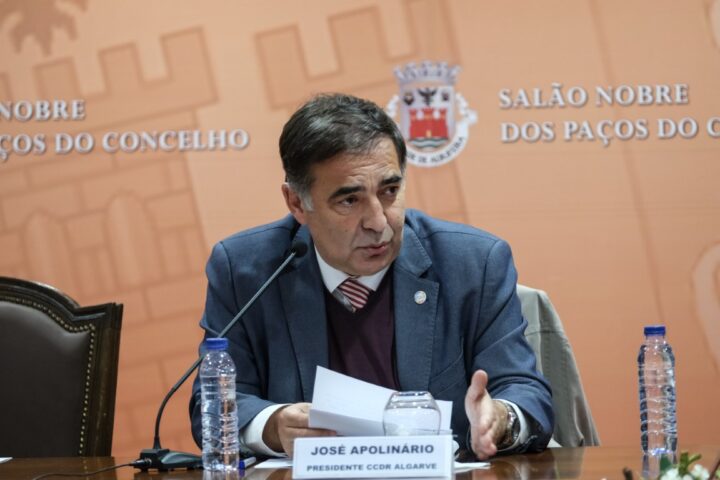
Therefore, defended the president of CCDR Algarve, «now it is necessary to redirect [investments] in terms of qualifications, integration, social inclusion».
Now, he defended, it is only possible to do this «different work, in a network, with municipalities, with school groups, with education services». It is therefore necessary to outline an «inter-municipal integrated strategy centered on school success».
Apolinário added that “cohesion policy funding is always measured according to the indicators and objectives achieved. Every year, from now until 2029», the country and the Algarve region will be evaluated on how the funds from this policy contribute to the reduction of school failure.
Of the 780 million euros of community support provided for in Algarve 2030, 78 million are earmarked for projects under the European Social Fund, which include programs to combat school failure, strengthening CTESP and access to higher education.
Despite the much work that needs to be done, Nuno Rodrigues, general director of Statistics for Education and Science, who presented, in more detail, the figures on the educational sector in the Algarve, considered that «there is a progressive improvement in the success indicators . The region is recovering”.
The initiative “Algarve: Desafios da Educação no Horizonte 2030”, which took place in the Town Hall of Albufeira, presented a portrait and diagnosis of the main indicators of school results in the Algarve, with the presence of mayors, regional heads of various services central administration, school directors, teachers, other senior technicians, among other participants.
The initiative also presented the regional development strategy and the challenges of qualifying young people from the Algarve and the main lines of funding for Education and Training in the Algarve 2030 Programme, with the aim of implementing an Integrated and Innovative Plan for the Promotion of Educational Success for the Algarve.
At the opening session, João Miguel Gonçalves, general director of School Establishments, stressed: «we achieved equality in access to school, now we have to guarantee success within the school».
Photos: Jorge Gomes | CCDR Algarve
Watch the session in full here:

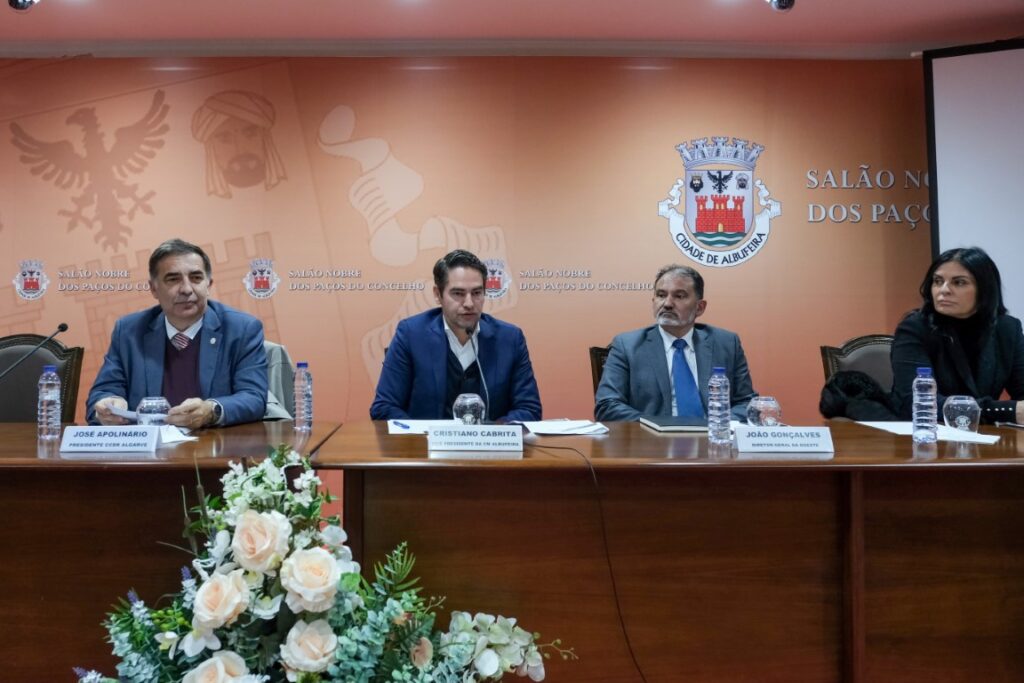
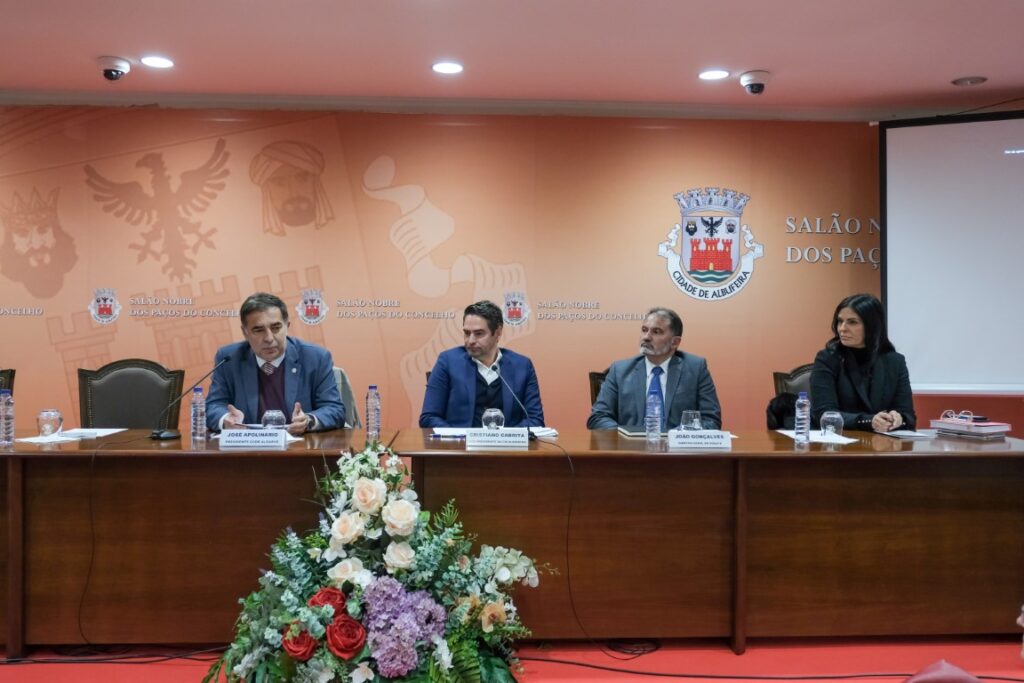
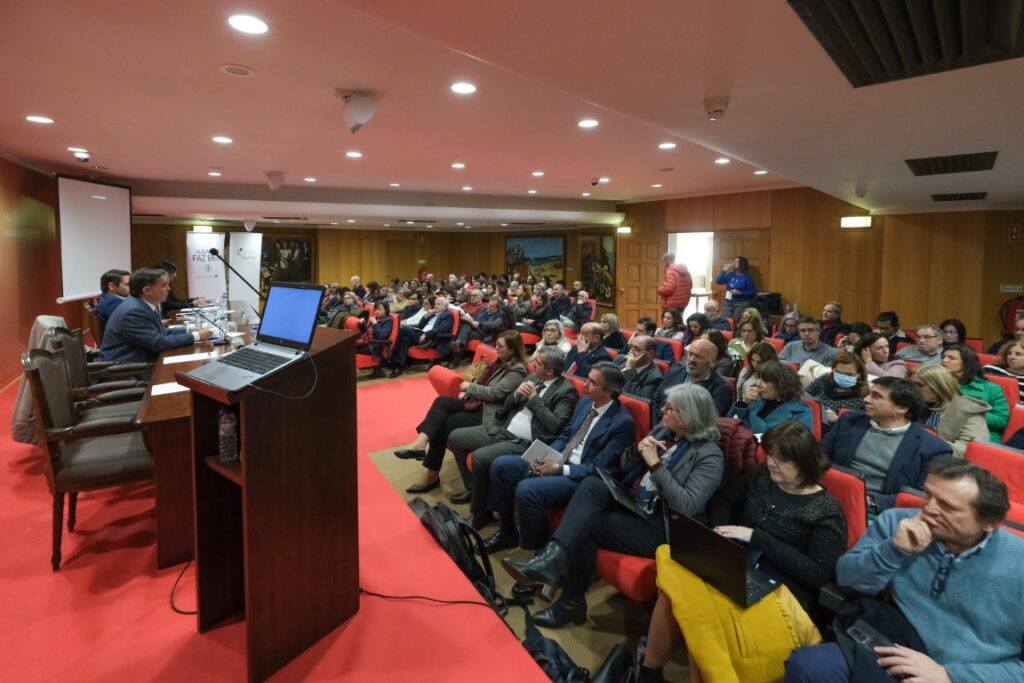
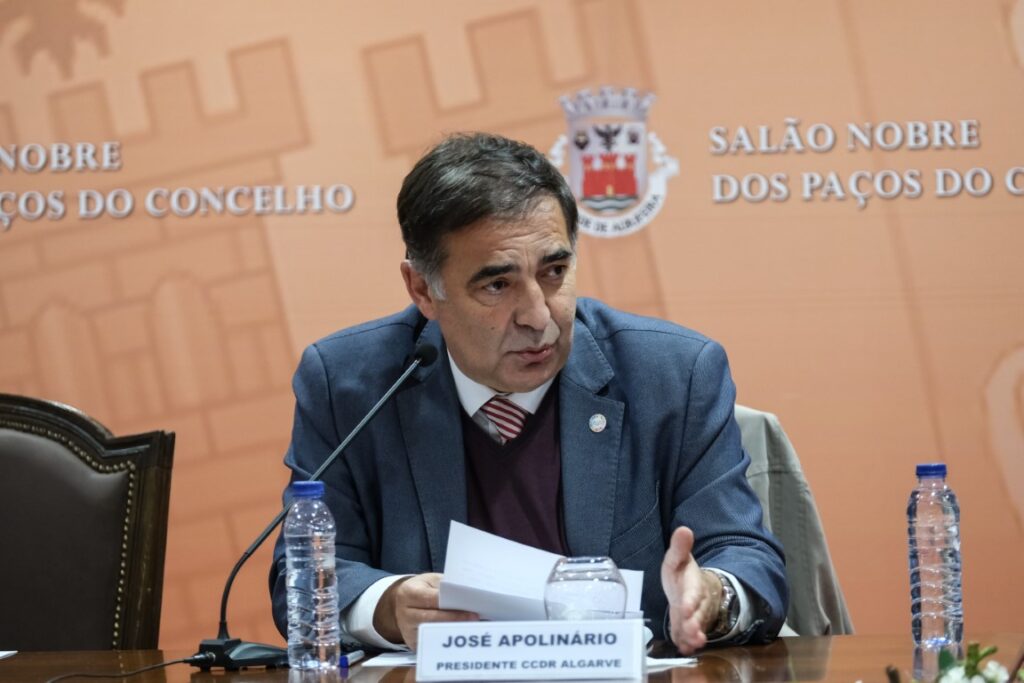
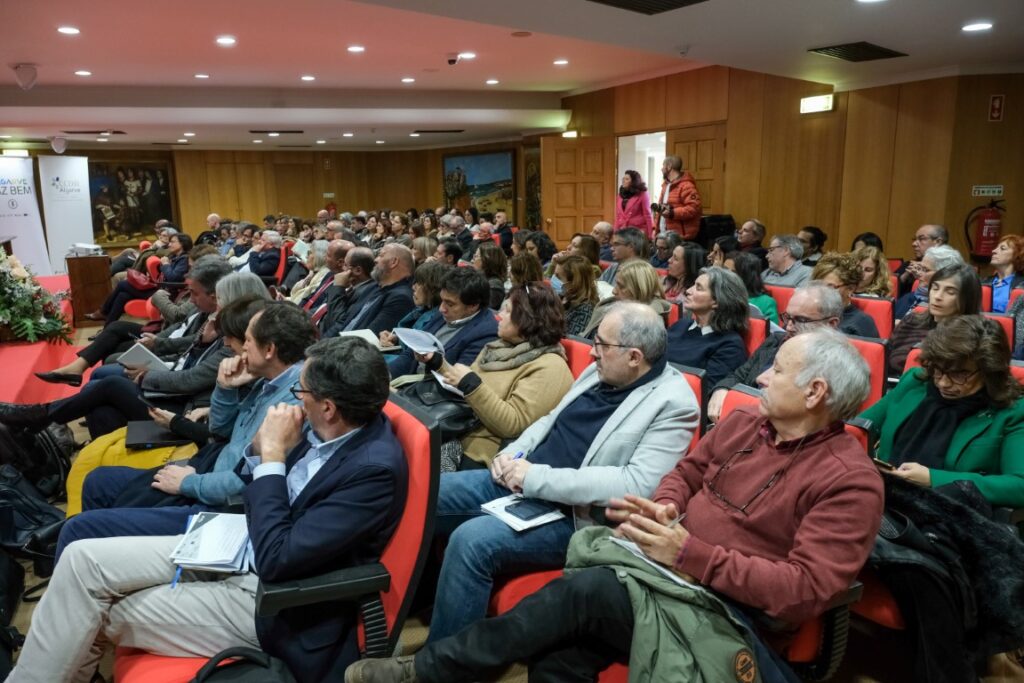
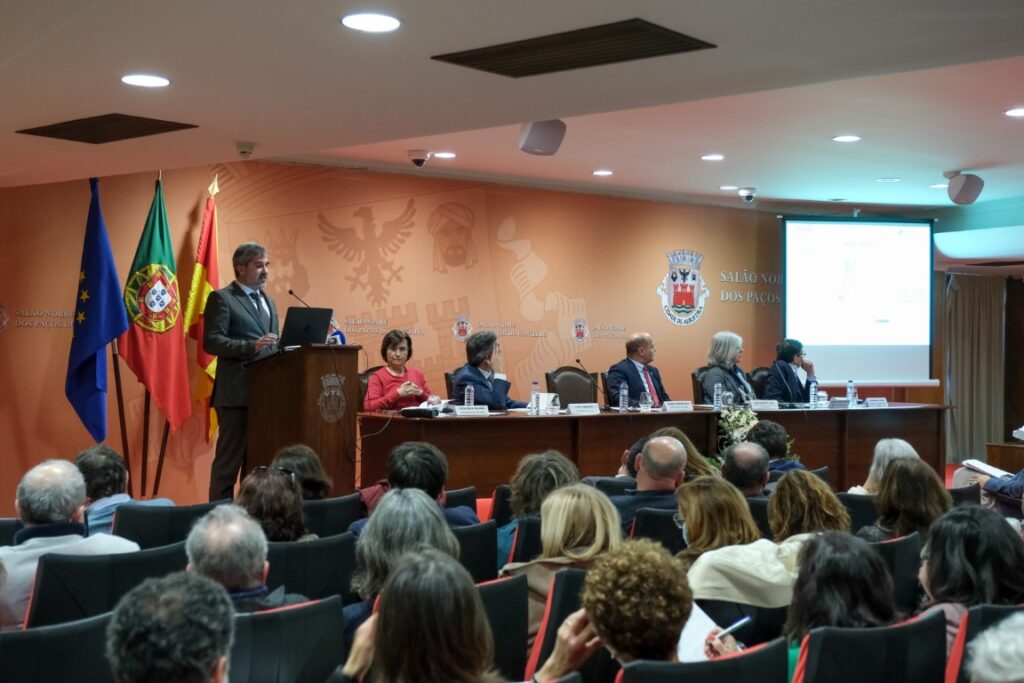
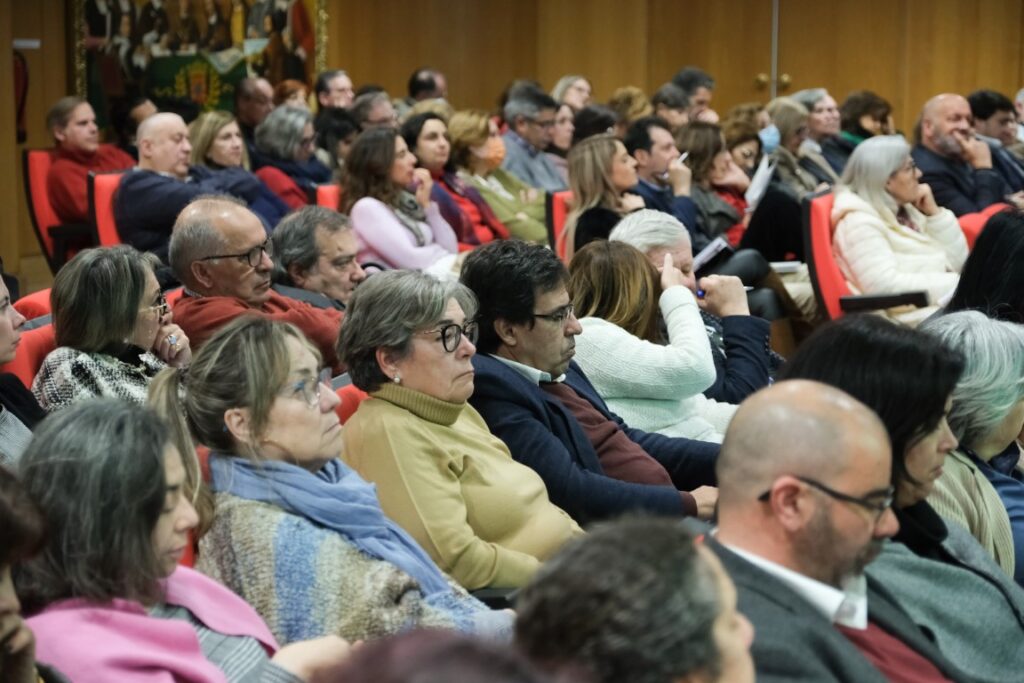
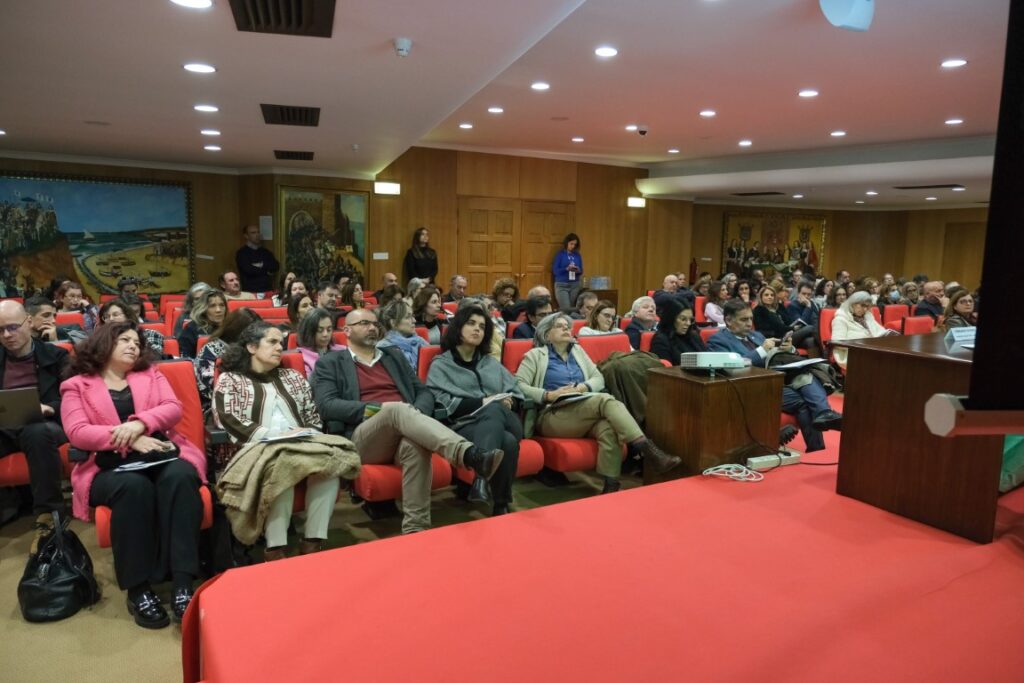
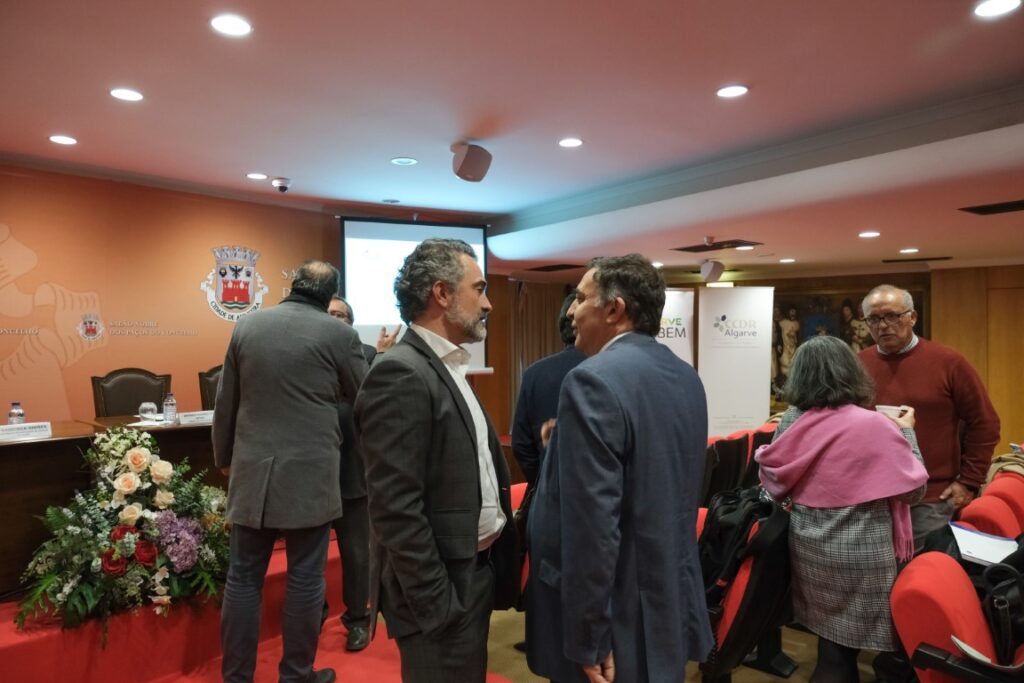
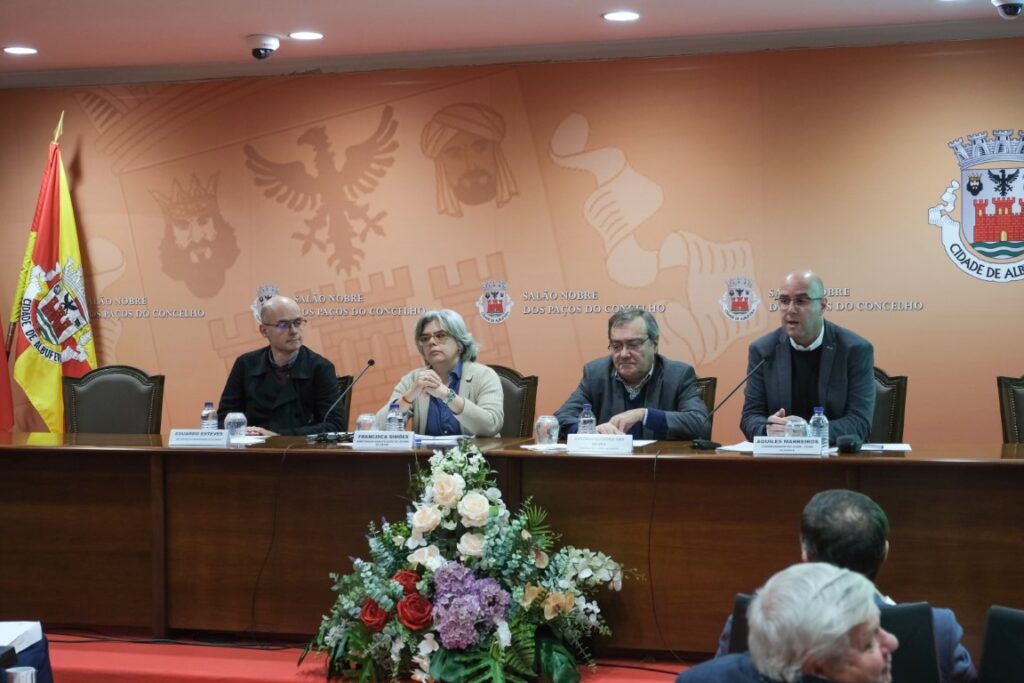


















Comments